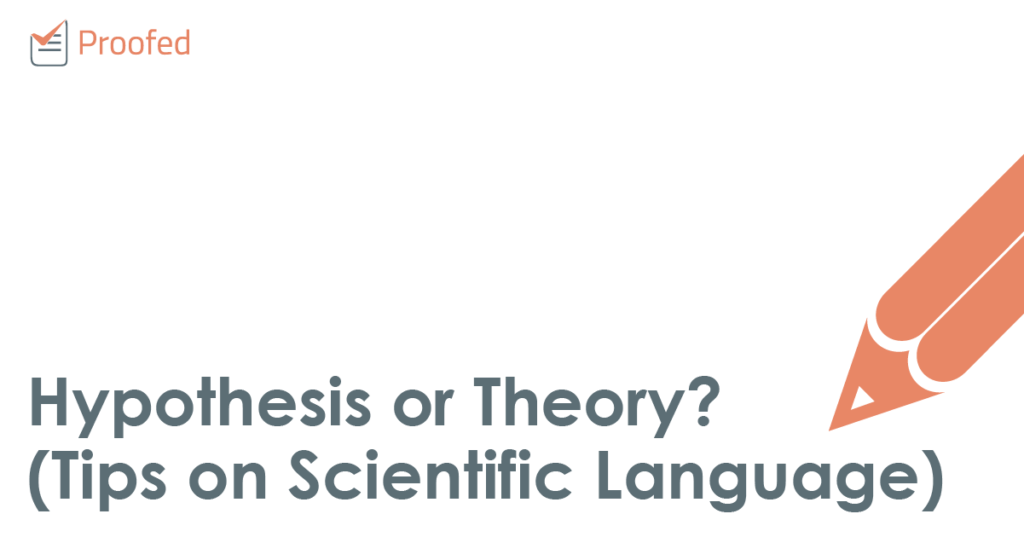Science can be a dangerous thing in the wrong hands. According to one song, it can even cause blindness. And as a result, we need to be careful with science and scientific language. (And Thomas Dolby.)
(Photo: Arthur Mouratidis/wikipedia)
The main problem (for us) is that scientists often use familiar terms in unfamiliar ways. And if you don’t know the scientific use of these words, it’s easy to make an error. So, to help out, we’re taking a closer look at three terms: “hypothesis,” “theory,” and “significant.”
Hypothesis (A Testable Idea)
In everyday language, we sometimes use “hypothesis” to refer to an educated guess. This is fairly close to how it’s used in the sciences, but it also has some specific requirements. A hypothesis should be:
- An attempt to explain something that can be observed
- Phrased in a way that means we can test it
Once a hypothesis has been tested, it can then be accepted or rejected depending on the results.
Theory (A Well-Tested Concept)
A theory is a proposed explanation of something. But when people say that something is “just a theory,” they mean that it hasn’t been proven. This is because one sense of “theory” is “speculation.”
However, in scientific writing, it means the complete opposite of this. A scientific theory is actually something that has been tested repeatedly and that is widely accepted as true. This makes it much stronger than a hypothesis and much, much stronger than pure speculation!
This doesn’t mean that a theory can’t be disproved, but you would need to show evidence that it’s untrue or suggest a better theory. A scientific theory is never “just” a theory.
Find this useful?
Subscribe to our newsletter and get writing tips from our editors straight to your inbox.
Significant (Unlikely to Have Happened by Chance)
To be “significant” is usually to be important or noteworthy. The opposite is to be “insignificant.”
In the sciences, though, “significant” typically refers to statistical significance. The results of a test are statistically significant if we can show that they’re unlikely to be due to chance alone. The opposite of this is “non-significant,” which means that the results could have been influenced by randomness.
In addition, keep in mind that something can be statistically significant without being noteworthy. There’s a statistically significant relationship between breaking eggs and making an omelet, for example, but this isn’t a hugely “significant” discovery in terms of being interesting or important.
Other Scientific Language
The terms above are significant (in the everyday sense) because they’re common in many scientific fields. As such, anyone reading or writing about science needs to know how they’re used.
However, there are plenty of other examples. If a physicist is discussing a “flavor of quark,” for instance, they could be talking about either subatomic particles or dairy products.
This is why we need to be careful with scientific language. And if you come across a familiar word being used in an unusual way, always double check its scientific meaning.
